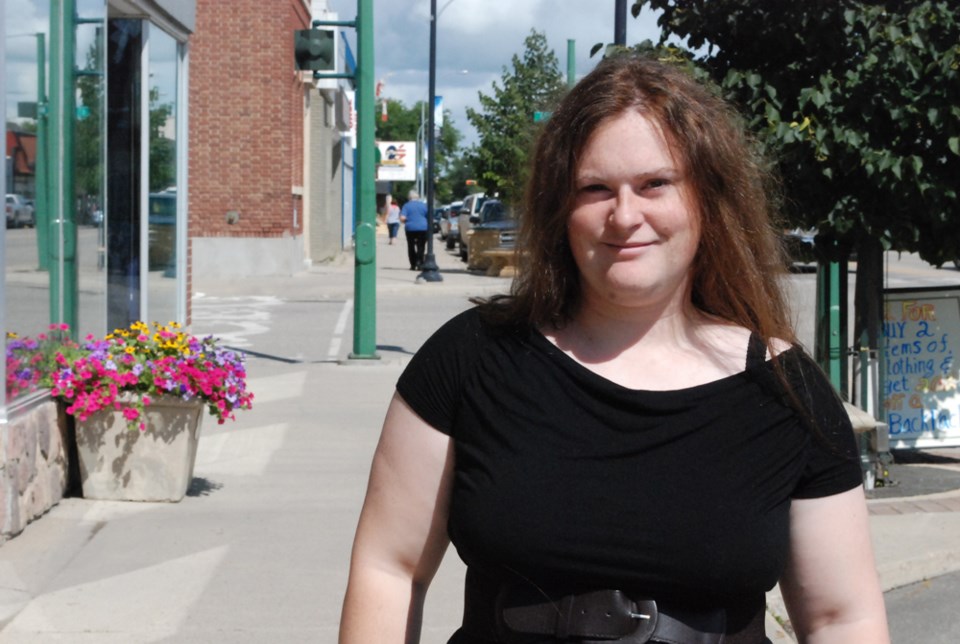So at the time that I am writing this, I am sitting at my desk in the Journal office and I am emotionally exhausted.
I have just gotten back from the PARTY program (article on page 3 of the East Central Trader) where I spent most of my day and I would much rather be at home, curled up in bed, and maybe have a good cry.
First off, I want to say kudos to all the members of the Humboldt community who put on the PARTY program; from Shari Hinz with Safe Communities, to all the Humboldt Emergency Services personnel who participated in the mock crash, to the many volunteers and speakers that came out to share their (most of the time) emotional stories.
People need to know that they did not sugar coat it for the kids. They did not make it fun. They approached it the way it should have been approached.
They laid it all out for the grade 10 students who were there and made kids think about it: this is how drinking and driving can affect your life, the lives of your family and friends, and the people involved in their crash, from victims to emergency services personnel.
They watched how people treat a crash scene. They heard the sirens blare through the EPA. How the body of someone Dead On Arrival is put in a body bag and laid away from the scene. They saw someone dragged out of their car and put in the back of a police vehicle.
They saw the painstaking effort of the EMS and Fire crews as they used the jaws of life to get a bloodied victim out of a smashed up car.
How can anyone watch that and still consider drinking and driving?
But that was not everything they saw and heard.
They spoke with survivors, a hospital ER nurse, an addictions councillor, coroners, and the RCMP.
Listening to Brenda Shrader who lost two brothers to drinking and driving, raised a big question; why do people drink and drive?
There is no acceptable scenario for drinking and driving.
And yet, people, especially young kids, do still drink and drive.
A lot of presenters chalked it up to feelings of invinsibility, peer pressure, and fear of parents finding out.
Who did not feel invincible around 15-17?
Even at 28, I still get that feeling of it cannot happen to me when ever I am doing something stupid.
I saw a study recently about the dangers of being a “cool kid”.
Dangerous behaviour is considered cool and leads kids down dangerous paths in search of acceptance from their peers. Peer pressure runs rampant in rural Saskatchewan. As an adult I have experienced it myself from people my own age.
Going to events where I am working and not drinking, this was unacceptable to some people I knew at the event.
Even I have trouble saying no sometimes.
I cannot imagine what it is like for kids these days.
To all kids and adults, it is okay to say no. It is okay to say no to alcohol, it is okay to say no to drugs, it is okay to not get into a vehicle with someone who has been drinking.
No should be a big part of your vocabulary.
When it comes to dealing with parents, I would question any parents’ level of care if they are not willing to come pick up their kid or their kids friends who have been drinking.
At 28, I called my mom to come pick me up.
All I had to say was, ‘mother, I am drunk,’ and she was there.
Unfortunately, I have heard about friends who were not comfortable calling their parents and I think that is the biggest thing a parent can do wrong.
How many parents would actually say they would rather have their kids drive home or get in a car with a person who had been drinking rather than pick up their kids and make sure they are safe?
Parents, have that conversation with your kids about this. Make sure they know they can call you no matter what.
Talk to them about the consequences that can be avoided.




